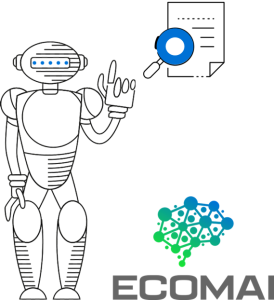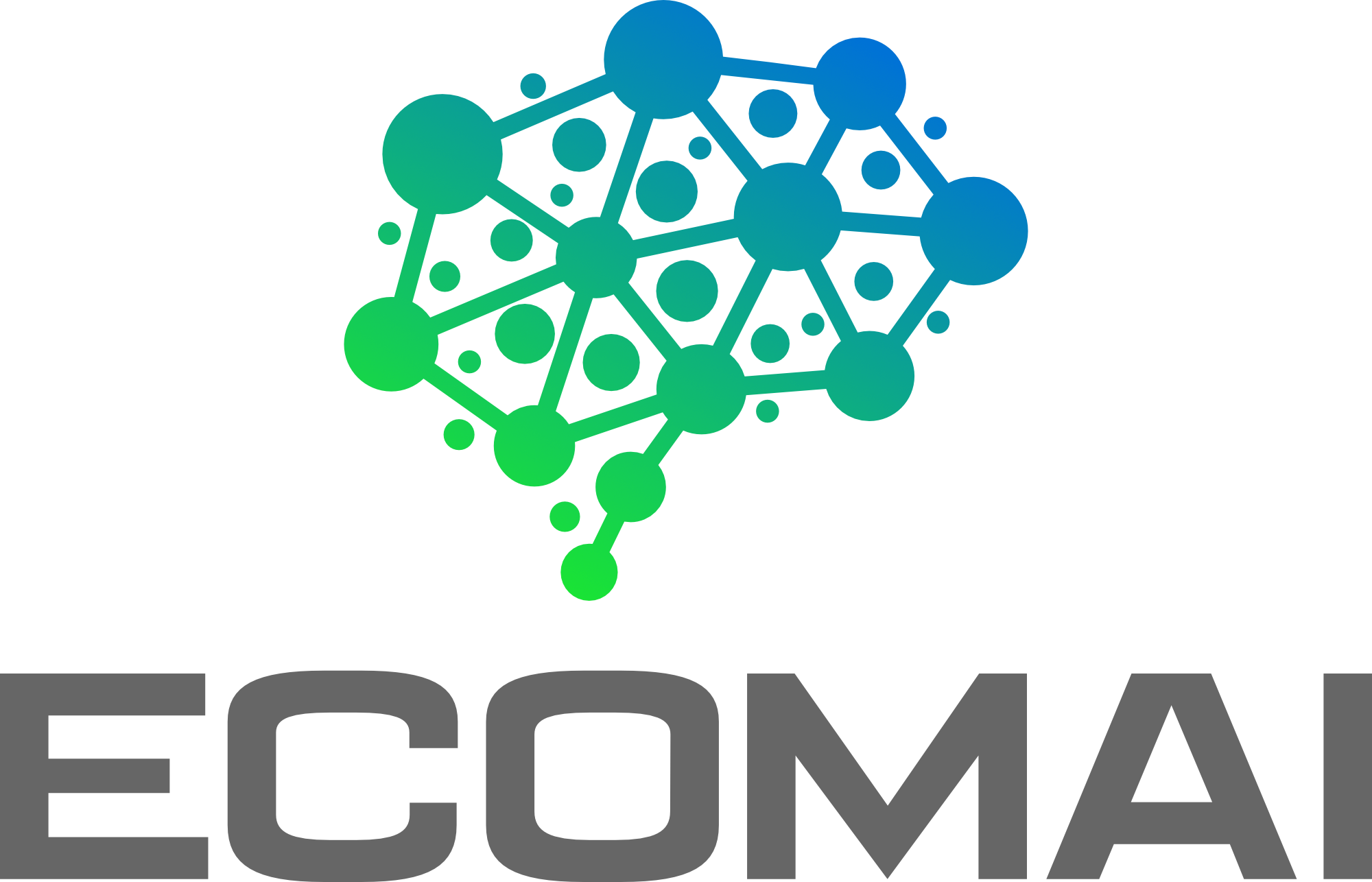
ECOMAI: Ecological Motor Control and Predictive Maintenance using AI
Development of a toolchain for automated code generation of control/regulation of permanently excited synchronous machines with neural networks
We are very pleased to present the latest research from our consortium partners University Ilmenau and Moteon.
The master’s thesis of the Penta ECOMAI Project investigates the use of artificial intelligence for motor control. In order to minimise the effort of generating, training and validating neural networks, this thesis aims to develop and program a graphical user interface. It is a valuable contribution to our project goal to enhance electric motor drive systems in the industry with embedded AI.
“Development of a toolchain for automated code generation of control/regulation of permanently excited synchronous machines with neural networks”
- Author: Soulbary, Alexkobi, University of Ilmenau
- Academic Supervisor: Möckel, Andreas; Eichhorn, Mike,Moteon
-> Information about the thesis can be accessed here.
Abstract
Besides established standard algorithms for controlling electric motors, the use of artificial intelligence for motor control is increasingly being investigated, particularly to increase efficiency. The present thesis was conducted within the framework of the ECOMAI Project. This research project focuses on using artificial intelligence for more efficient control strategies in applications with nonlinear load dynamics. To minimize the effort required for generating, training and validating a neural network, this thesis aims to develop a graphical user interface. Furthermore, the software is intended to compress, optimize and convert the neural network into code, which can ultimately be executed on hardware to control a real motor. The underlying idea of the software is to guide the developer through all options step by step, provide additional information when required and perform the creation of a trained and validated neural network in the background. The software operates on information from real motors, inverters and switches and carries out all development steps based on scripts and simulations. In contrast to conventional control design, developers do not require in-depth knowledge to develop a control system with AI components. The individual steps of the design concept are demonstrated using a practical example with angle-dependent load changes.
